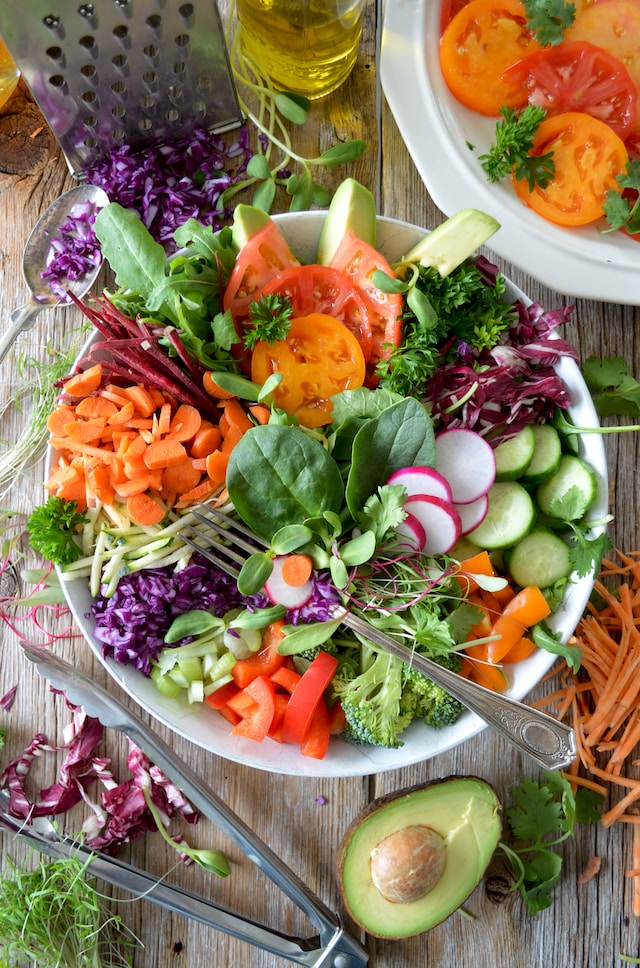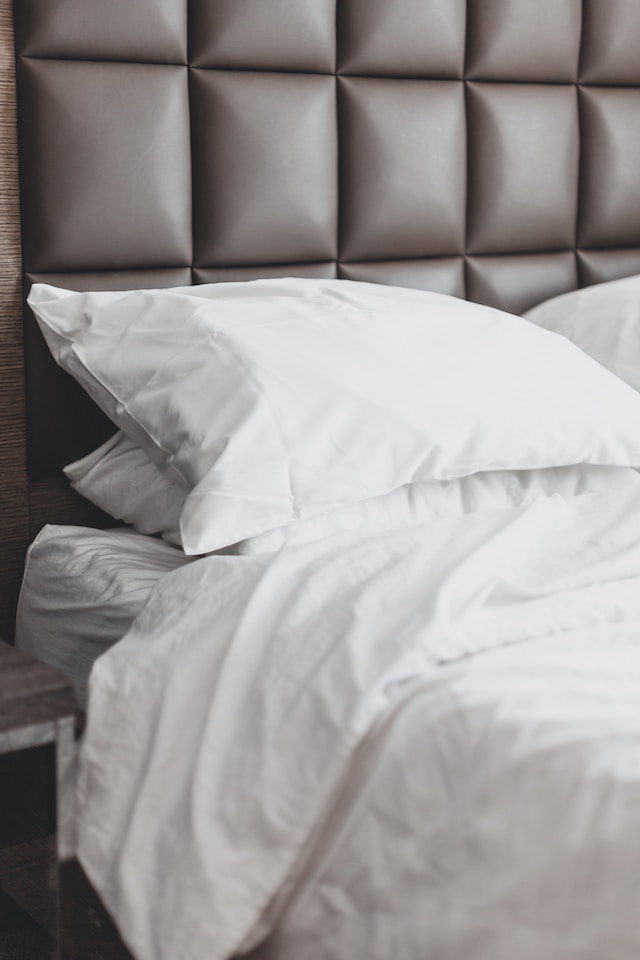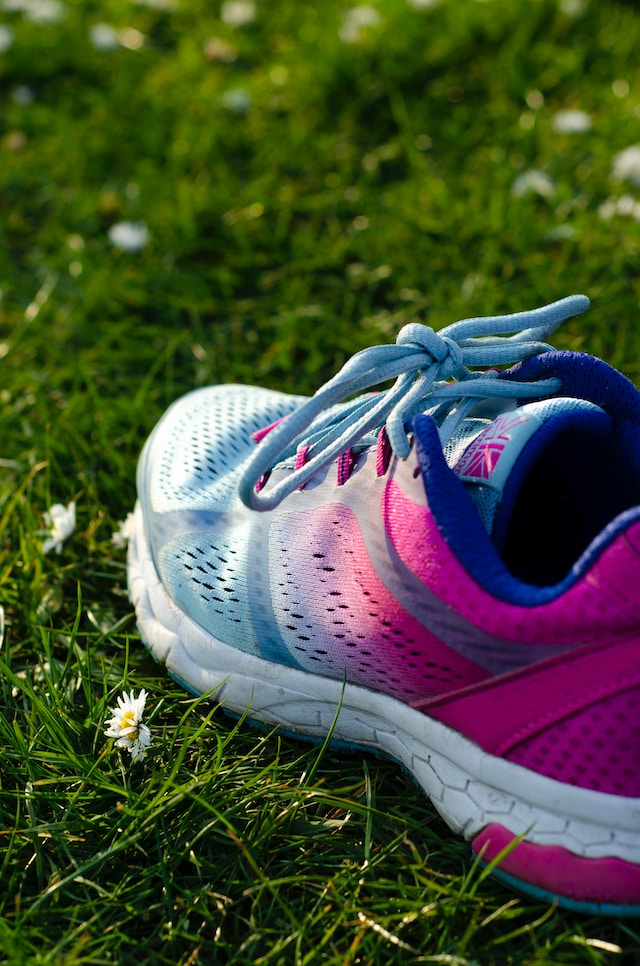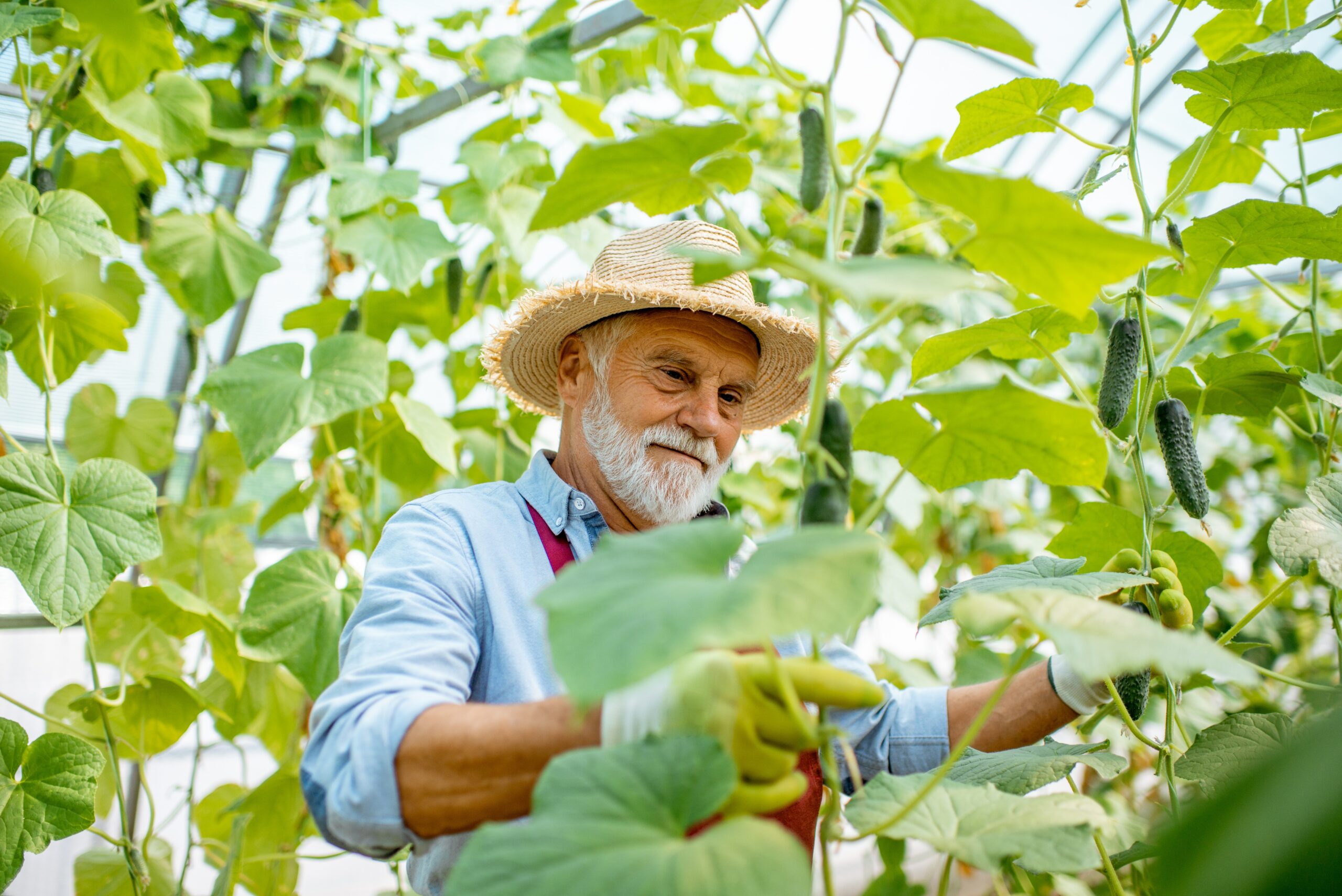When we consider the reality that humans are living longer than ever, it’s important to remember Mark Twain’s words: “Do not complain about growing old. It is a privilege denied to many.” Without becoming overly philosophical, how do we measure meaningful aging– and the perception of “privilege” as it relates to each additional candle on one’s birthday cake? Across the board, the answers distill to a common denominator: quality of life. Unsurprisingly, the CDC identifies health as one of the most important domains that impacts an individual’s QOL (quality of life).
Let’s dig a little deeper. As we grow older, our biological age (the rate at which you’re physically aging) increases. That makes sense. The key factor to note is that biological age is not linear– as in, some people “age” more rapidly or slowly than others. For example, a healthy 60-year-old male who exercises regularly, has a healthy diet and maintains a healthy BMI (body mass index) can expect an additional 13 healthy years of living — on top of what he was already going to have — compared with his unhealthy counterpart, according to a Goldenson Center for Actuarial Research.
Now we’re getting somewhere. Let’s take it a step further and analyze how the sum of these factors come together to impact biological age: the immune system. A healthy immune system supports our ability to have a healthy, active body by reducing the risk of infection and disease while increasing one’s ability to recover from illness or injury and… you guessed it, slow biological aging. As we age, our immune system gradually deteriorates. Let’s explore a few key components that have an impact on your immune system– and ways older adults can boost their immune system’s function. As always, be sure to consult your physician before implementing any changes.

Stay Hydrated
Drinking enough water has a domino effect on your body’s immune system. Hydration impacts your body’s quality of sleep, movement, digestion and overall energy levels. As a general rule, seniors should take one-third of your body weight and drink that number of ounces in fluids. For example, if you weigh 150 pounds, aim to drink 50 ounces of water each day. Including water-rich foods, cucumbers, watermelon, lettuce, strawberries, tomatoes and celery are an excellent way to increase hydration, fiber, vitamins and minerals. This is the perfect segue into our next immune-boosting tip!
Focus on Nutrition
Nutrition needs vary throughout life, this is especially true for seniors. A well-balanced, nutrient-dense diet can help seniors reduce the risk for infections (like the flu or the common cold) in addition to lowering their risk for heart disease, stroke, osteoporosis, type 2 diabetes, and more. The impact of nutrition goes beyond immune-boosting benefits, as proper nutrition for seniors is one of the impactful ways to promote overall health among older adults. MyPlate, a USDA program, has some excellent resources and tools that are tailored to the specialized dietary needs of older adults.


Get Enough Quality Sleep
Quality sleep becomes increasingly important with age. Getting enough sleep can improve brain function, concentration, and memory. Conversely, sleep deprivation (or lack of sleep in general) can cause a multitude of issues, like reducing the effectiveness of the immune system. Older adults tend to have a natural sleep/wake rhythm that suits an earlier bedtime and wake up schedule. To help adjust to an earlier wake and sleep schedule, it’s important to get those steps in and/or engage in light-to-moderate activity during the day. Daytime activity positively impacts quality sleep at night.
Stay Active
Exercise has a variety of benefits for boosting your immune system. As our bodies age, they produce fewer immune cells, including white blood cells. Physical activity improves circulation of white blood cells and antibodies, which allows the body to distribute white blood cells more effectively. What does this mean? Physical activity kicks your circulatory system into gear, allowing your body to move red and white blood cells, oxygen and nutrients throughout your body. Movement equals vitality. The U.S. Department of Health and Human Services recommends at least 150 minutes of moderate-intensity exercise each week for seniors.

Finding Your Balance
It’s important to note that taking a consistent, mindful approach to introducing these immune-boosting strategies is optimal. After all, slow and steady wins the race! View this journey as a lifestyle. Start with small changes, such as:
- Incorporating 30 minutes of walking or gentle yoga into your daily routine, 3 times per week if you live a sedentary lifestyle– and be sure to consult with your physician to determine the intensity, duration and frequency that is most beneficial for you
- Adding more produce to your diet by exploring new recipes, or making simple swaps, such as trying mashed or riced cauliflower instead of mashed potatoes or regular rice
- Hydrating more regularly throughout the day by drinking a glass of water when you wake up and before each meal
Not only will this help establish new habits and routines (that are more likely to stick long-term), it will also help to avoid burnout and discouragement. It’s a better idea to incorporate these immune-boosting strategies gradually, so your lifestyle can evolve around them for long-term benefit. You don’t have to be a senior to benefit from these healthy lifestyle tips– encourage your caregivers, friends and family to participate with you. Enjoy this journey, filled with more health and a higher quality of life, together!
If you have any questions or would like a private consultation with one of our administrators about creating a customized plan of care for yourself or a loved one, please contact us today. Or, give us a call at 239-920-3902.
When searching for senior care in your area, be sure to consider all of the options available to you and your loved one. Whether you need companion care, personal care, or nursing care, working with a home care agency like Collier Home Care can provide the support and assistance your loved one needs to live safely, securely, and independently in their own home.

